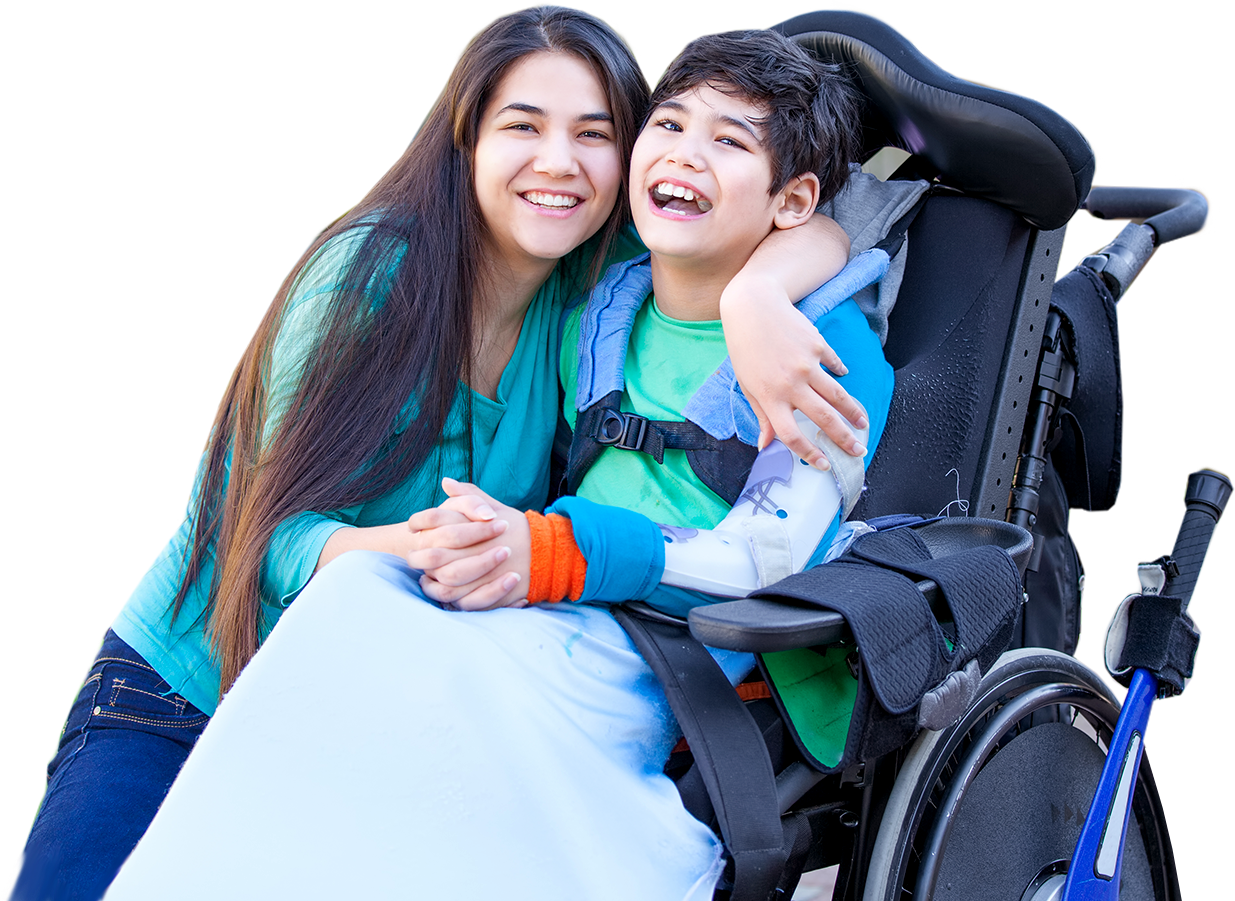CPFN Blog
advice to better care for your child

- Alternative
- Assistive Technology
- Associated Conditions
- Birth Injury
- Causes of Cerebral Palsy
- Cerebral Palsy Diagnosis
- Cerebral Palsy Information
- Cerebral Palsy Therapies
- Cerebral Palsy Treatments
- Child Development
- Doctor Visits
- Education
- Equipment
- Featured
- Legal Help
- Medical Research
- News
- Patient Care
- Prenatal Care and Childbirth
- Stories
- Tips for Parents
- Types of Cerebral Palsy
- Updates
Hypotonia – Floppy Infant Syndrome
By The CP Family Network Children who are born with or develop cerebral palsy may also manifest a condition known as hypotonia, or low muscle tone (the amount of tension or resistance to movement in a muscle). The condition is also known as “floppy infant syndrome” or “infantile hypotonia.” Individuals with this diagnosis are said... Read More
Pediatric Stroke and Cerebral Palsy
By John Lehman Most people think strokes affect only adults, but they can also occur in children, even before birth. In fact, pediatric stroke is one of the leading causes of death in children. Children who have suffered from a pediatric stroke also have a high chance of developing cerebral palsy. Like cerebral palsy, pediatric... Read More
Fetal Heart Monitoring: How Mistakes Happen in Labor and Delivery
By Giles Manley, MD, JD CPFN Medical Advisor Electronic fetal heart monitoring is used in nearly all hospital births in the United States. The technology has been around for decades. But medical records of brain-injured infants I review each week frequently show that although fetal monitoring was showing the baby was experiencing high levels of... Read More
Advice to Expecting Parents about Assisted Delivery Using Vacuum Extraction
By Giles Manley, MD, JD CPFN Medical Advisor When a mother is unable to deliver a child on her own, assistive equipment may be used to help speed the birthing process. Because the need for vacuum extraction (VE) is always a possibility during childbirth, parents need to be aware of what it entails and what... Read More
Pitocin and Its Ties to Cerebral Palsy
By Stacey Bucklin CP Family Network Editor View similar stories. Pitocin is the synthetic version of a naturally occurring hormone called oxytocin that is produced by a woman’s body during labor and delivery. It is used to induce labor or to speed up (augment) natural labor. It may also be administered to help a mother... Read More
Feeding Tubes for Nutrition and Medication
By John Lehman Sometimes, depending on the severity of the disorder, children with cerebral palsy have difficulties feeding themselves. In these cases, a feeding tube may be necessary for your child to meet his or her dietary and nutritional requirements. Feeding tubes could also be used to allow your child an easier way to take... Read More
DIY Blenderized Diets for Tube Feeding
By Lee Vander Loop CP Family Network Editor Some children with severe cerebral palsy have feeding disorders which require tube feeding. Children who are unable to fulfill their nutritional needs using traditional feeding methods, those with oral motor skill dysfunction or children at risk for aspiration are typically candidates for tube feeding. Often, doctors prescribe... Read More
Physical Therapy Basics, Rights, and Cautions
By Lee Vander Loop Some children with cerebral palsy require physical therapy. Some don’t. Once the diagnosis is made, and the type of cerebral palsy is determined, a team of health care professionals will work to identify specific impairments and needs, and then develop an appropriate plan to address the core disabilities that affect the... Read More
Placental Abruption
By Stacey Bucklin CP Family Network Editor View similar stories. Placental abruption is the separation, either partially or completely, of the placenta from the uterine wall before delivery. Although this condition is relatively rare, occurring in 1 out of every 100 pregnancies, the premature detachment of the placenta can have serious health consequences for a... Read More
Assistive Devices Abound for Helping with Communication for Cerebral Palsy Kids
By Lee Vander Loop For many children with cerebral palsy, communication is a struggle. Some may have a limited ability to learn and understand speech due to cognitive impairment. Others may have difficulty speaking clearly because of motor issues that result in poor control over their tongues, lips, and mouths. Although children vary in language... Read More
